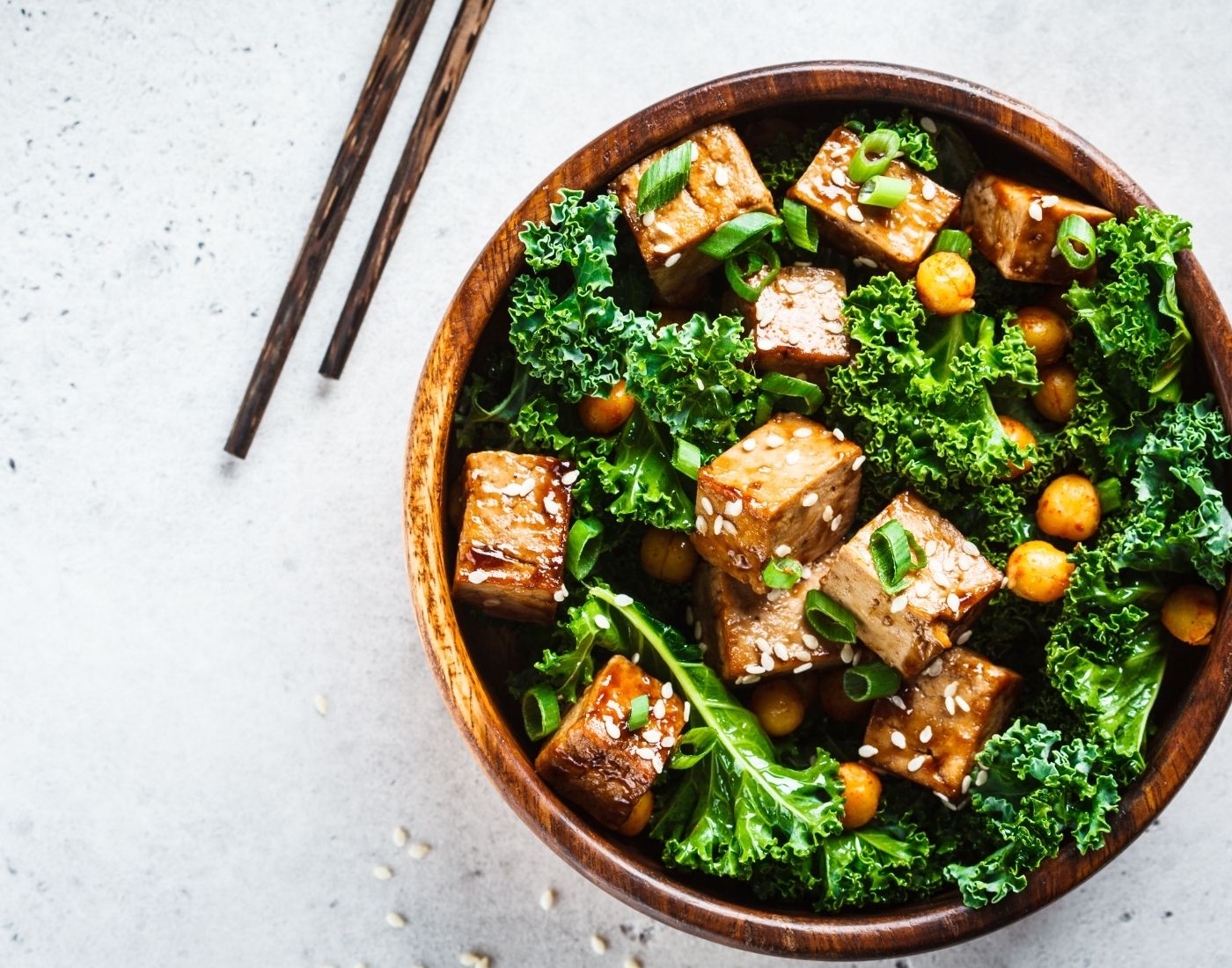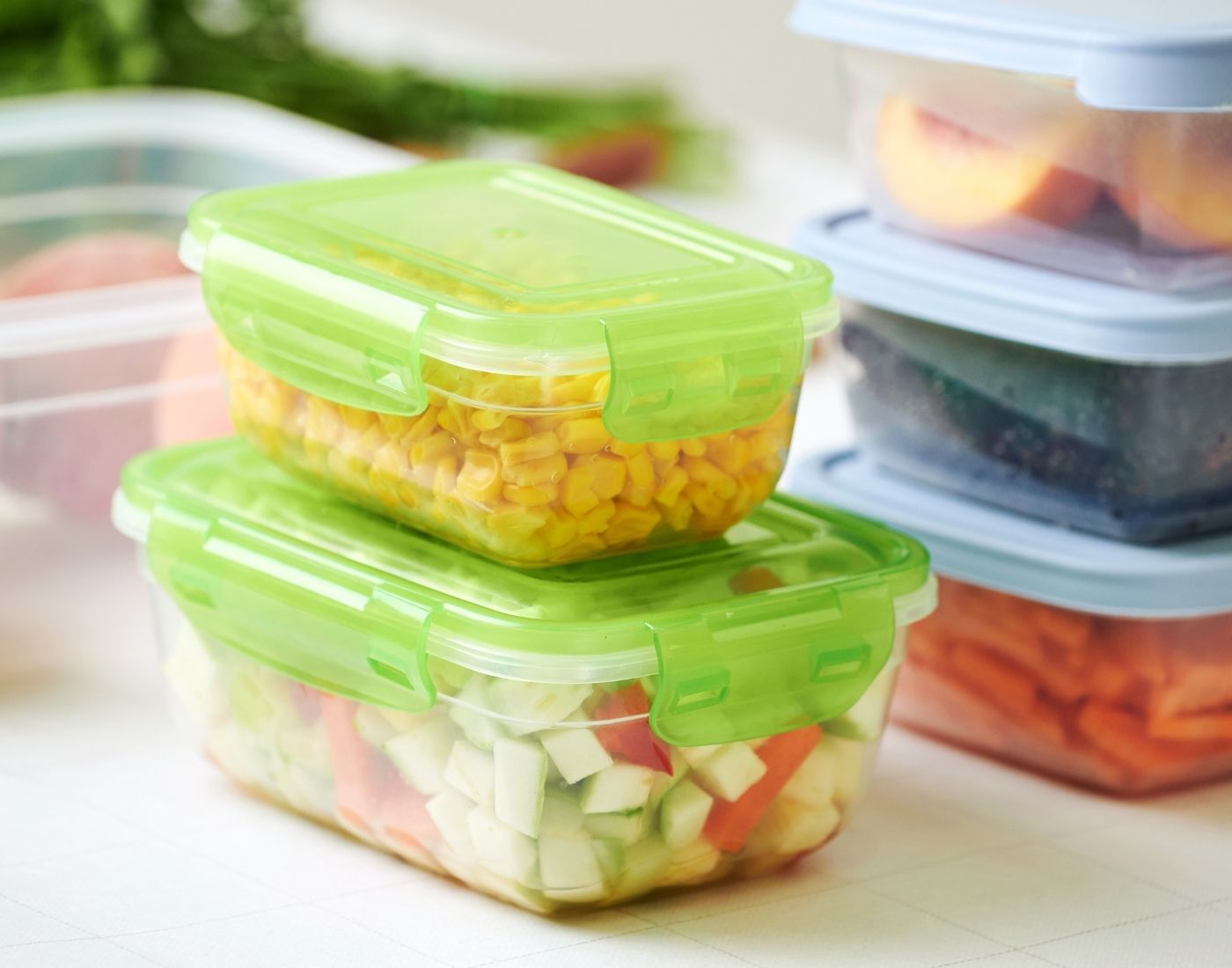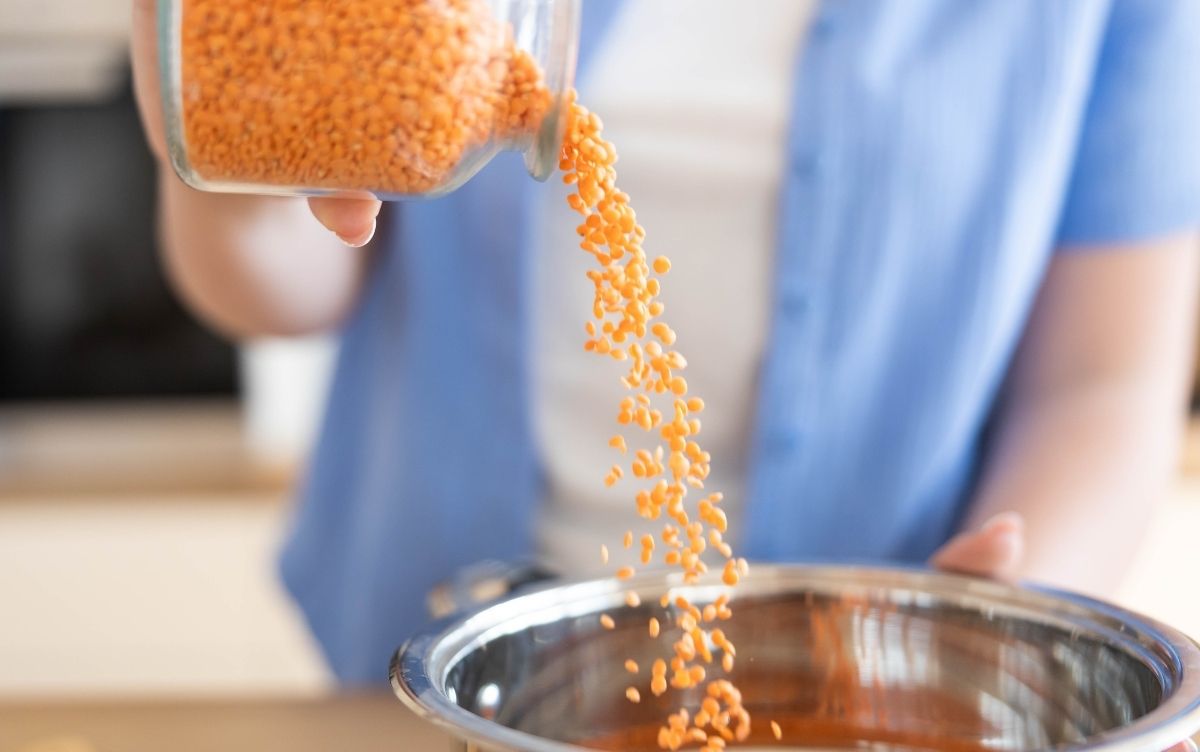Excluding certain foods from your diet can make it more difficult to get the nutrients your body needs. For those who eat a vegetarian or vegan diet, it is important to make sure you get enough of these nutrients:
- iron can be found in beans, pulses and dark green vegetables. Some products have iron added, such as some breakfast cereals and bread. The packaging will let you know, so check the nutritional label
- getting enough vitamin D from food is tricky, so it is recommended everyone in Scotland takes a 10µg supplement, especially during winter (October- March). For more information you can visit our page on vitamin D.
- using a vegetable oil spread is one way of helping ensure omega-3 fatty acids are in your diet.
Anyone choosing to follow a vegan diet, or those who consume no animal products may want to take extra care to include these nutrients in their diet:
- vitamin B12 is only found naturally in animal products and meat. Those following a vegan diet can take a supplement or eat foods with added B12 like some breakfast cereals or non-dairy alternative drinks
- calcium may be added to some cereals, non-dairy alternative drinks, yoghurts, and products like tofu - just remember to check the label and choose unsweetened, products with added vitamins and minerals where possible. Most dairy alternative products which are organic are not calcium-fortified
- sources of iodine include dairy products and eggs. If you prefer not to eat these foods, some products like tofu and non-dairy alternative drinks have added iodine, or you could consider taking a supplement




